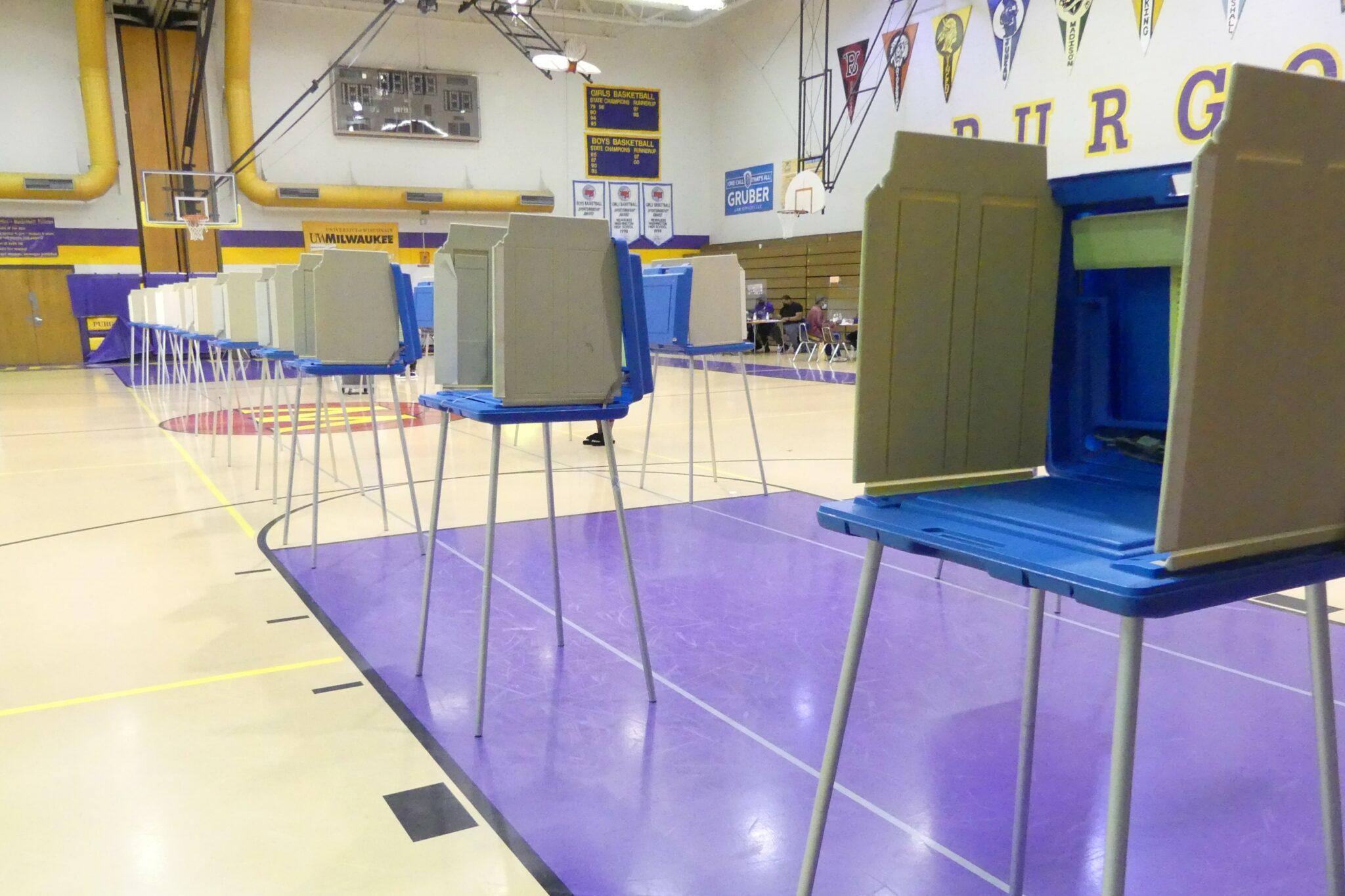Backers of two constitutional amendments say they plan to place on the April ballot one that would bar the use of private resources to administer elections in Wisconsin.
Another that would prohibit non-citizens from voting in local, state or national elections is slated for the November 2024 ballot.
Both amendments have already cleared the Legislature once. If both houses of the Legislature approv...
Please log in to access subscriber content.
If you don't have a subscription, click here for a WisPolitics free trial and to view the different subscription options.


